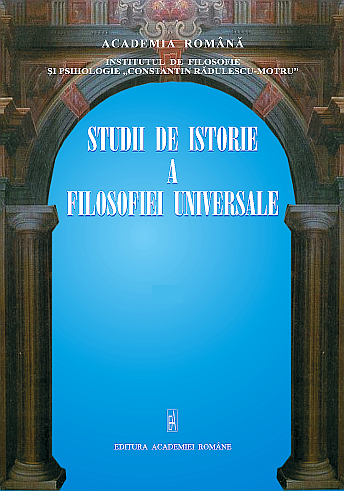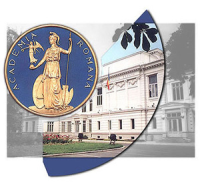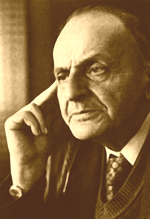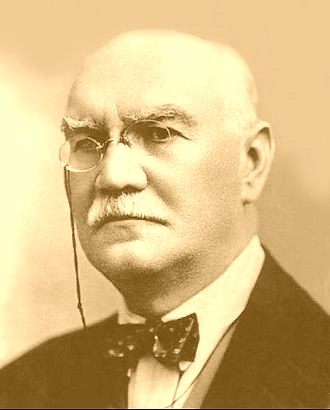Main Menu
DEPARTAMENTE
REVISTE
PUBLICAŢII PERIODICE
LEGĂTURI
CONFERINȚE
 Simpozionul Național Constantin Noica, Ediția a XVI-a „Povestiri despre om…” (26-29 septembrie 2024)
Simpozionul Național Constantin Noica, Ediția a XVI-a „Povestiri despre om…” (26-29 septembrie 2024)SIMPOZIONUL NAŢIONAL
SIMPOZIONUL NAŢIONAL
Welcome
STUDII DE ISTORIE A FILOSOFIEI UNIVERSALE, vol. XXXI, 2023
| STUDII DE ISTORIE A FILOSOFIEI UNIVERSALE |
 STUDII DE ISTORIE A FILOSOFIEI UNIVERSALE, vol. XXXI, 2023 STUDII DE ISTORIE A FILOSOFIEI UNIVERSALE, vol. XXXI, 2023Coordonatori: CLAUDIU BACIU, TINCA PRUNEA-BRETONNET, ION TĂNĂSESCU |


 P S I H O L O G I E
P S I H O L O G I E


